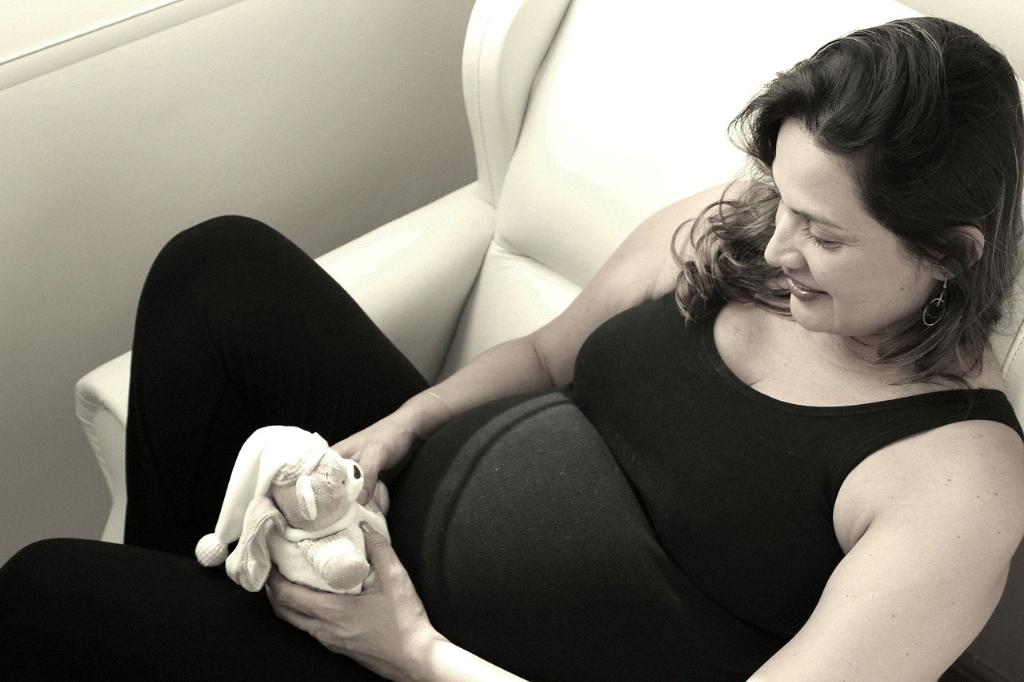Estimating gestational age in pregnancy is crucial for medical professionals to track the growth and development of the fetus accurately. It helps determine the due date of delivery and monitor the overall health of both the mother and the baby throughout the pregnancy.
Factors Influencing Gestational Age Estimation
One of the primary methods used to estimate gestational age is through ultrasound measurements. This involves measuring the size of the fetus and comparing it to standard growth charts. The measurements taken during the ultrasound provide a close estimation of how far along the pregnancy is.
Ultrasound Dating in Pregnancy
Ultrasound dating is considered one of the most accurate methods for estimating gestational age in pregnancy. It is typically done in the first trimester, between weeks 6 and 12, as this is when the fetus is most accurately measured for dating purposes.
Importance of First-Trimester Ultrasound
During the first-trimester ultrasound, the crown-rump length of the fetus is measured. This measurement is highly accurate in determining gestational age, as different parts of the fetus develop at predictable rates during this stage of pregnancy.
Estimation Using Menstrual Period
Another common method for estimating gestational age is by calculating it from the first day of the woman’s last menstrual period. This method assumes a 28-day menstrual cycle and a 14-day luteal phase, making it an estimation based on the typical menstrual cycle length.
Challenges in Gestational Age Estimation
Estimating gestational age accurately can be challenging, as not all women have regular menstrual cycles or can recall the exact date of their last period. In such cases, an ultrasound dating scan becomes even more critical for accurate estimation.
Relevance of Accurate Estimation
Having an accurate estimation of gestational age is essential for proper prenatal care. It helps healthcare providers monitor fetal growth, detect any abnormalities or issues early on, and provide appropriate interventions to ensure a healthy pregnancy.
Significance for High-Risk Pregnancies
In high-risk pregnancies, such as those involving maternal medical conditions or fetal complications, accurate gestational age estimation becomes even more crucial. It enables specialized care and targeted interventions to address specific challenges that may arise during the pregnancy.
Individualized Care Based on Estimation
With the estimated gestational age, healthcare providers can tailor their care plans to meet the unique needs of each pregnant woman. This personalized approach ensures that both the mother and the baby receive the appropriate level of monitoring and support throughout the pregnancy.
Continual Monitoring and Adjustment
Throughout the pregnancy, gestational age estimation may be reassessed and adjusted based on new ultrasound measurements or changes in the woman’s medical history. This continual monitoring ensures that the most current information is used to guide prenatal care decisions.
Ensuring Healthy Pregnancy Outcomes
By accurately estimating gestational age in pregnancy, healthcare providers can enhance the likelihood of a successful and healthy pregnancy outcome. Regular monitoring, timely interventions, and individualized care contribute to a positive experience for both the mother and the baby.
Conclusion
Estimating gestational age in pregnancy is a multifaceted process that involves various methods, including ultrasound dating and menstrual period calculation. The accuracy of gestational age estimation is pivotal for providing optimal prenatal care and ensuring the well-being of both the mother and the fetus throughout the pregnancy journey.

